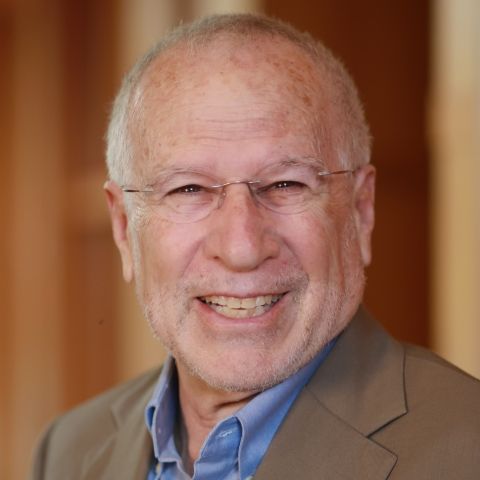
Not Just About License Plates: Walker v Sons of Confederate Veterans, Government Speech, and Doctrinal Overlap in the First Amendment
It all depends on where you start. For free speech questions arising under the First Amendment, as for a cornucopia of other legal topics, a single set of facts or a single question may be placed in any of a number of different doctrinal categories, with the category selected determining not only the analytic approach but also often the outcome as well. Psychologists and other social scientists refer to this phenomenon as framing, and framing effects are as important in law as they are in most other aspects of our lives.
The problem of framing in law often arises as a consequence of multiple doctrinal approaches being potentially applicable to a single event or problem. Such doctrinal multiplicity pervades the law, especially in messy common law environments, but it appears especially salient with respect to the First Amendment. We know that there is much case law and commentary about content regulation, about the public forum, about unconstitutional conditions, and about, more recently, government speech. But often we do not realize that a host of First Amendment controversies can be placed in any or all of the foregoing doctrinal baskets, with the one selected to drive the analysis often determining the outcome, even though there may be no conclusive doctrinal reason for selecting any one of them over any of the others.